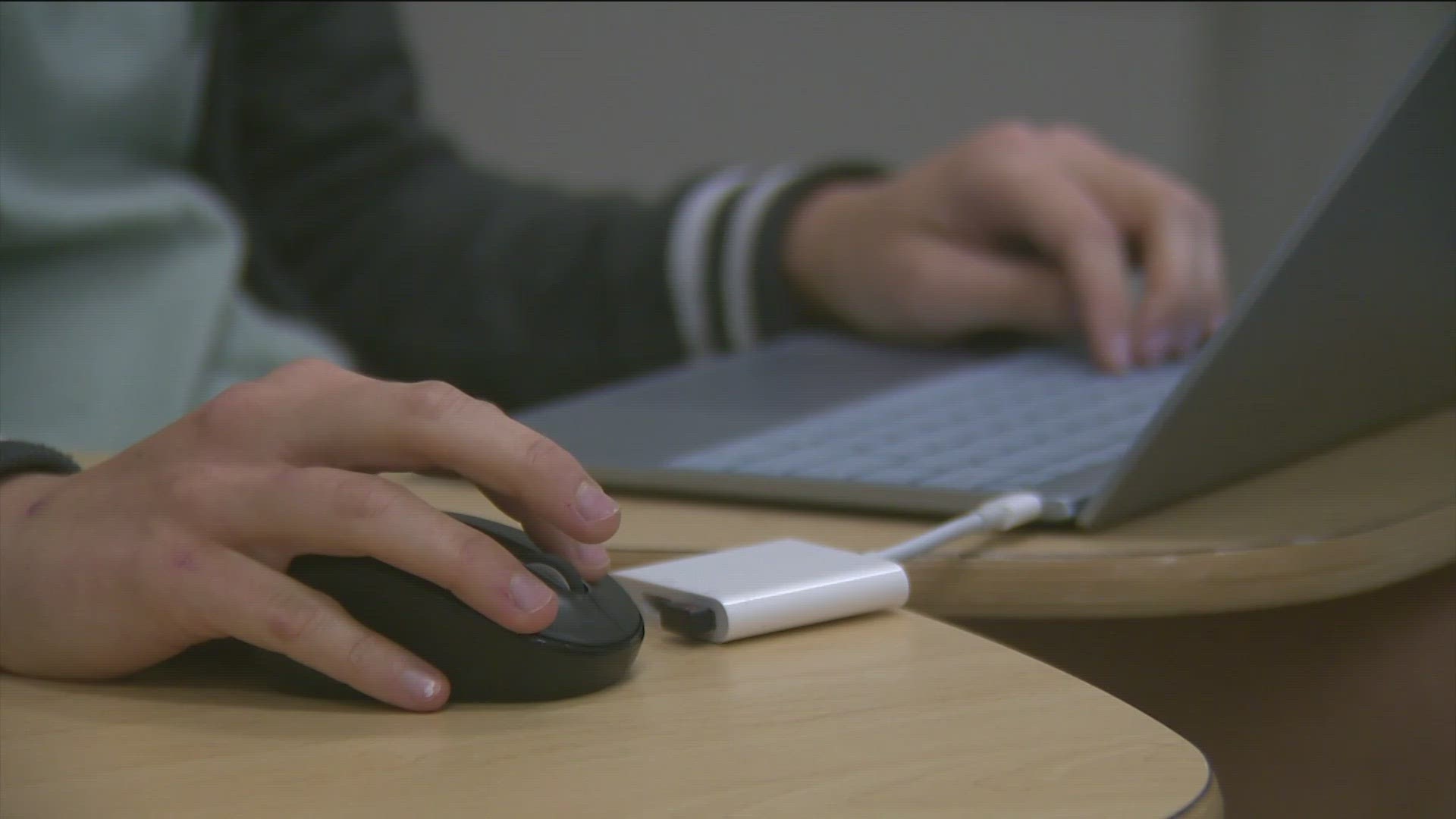AUSTIN, Texas — Texas lawmakers approved a bill that could change the way students are taught on college campuses in Texas.
The Senate approved SB 16, which would allow a university or college to fire a professor if they compel or attempt to compel students to believe that any race, sex, ethnicity, social or religious belief is superior to another.
Republican State Sen. Bryan Hughes wrote the bill and calls it the "CRT bill." This goes back to an argument Texans saw last session when critical race theory (CRT) was banned from being taught in K-12 public schools.
CRT is often described as the core idea that racism is not the result of individual prejudice but something embedded in legal systems and policies.
SB 16 itself does not contain the words "critical race theory," but it says that a faculty member of an institution of higher education "may not compel or attempt to compel a student enrolled at the institution to adopt a belief that any race, sex, or ethnicity or social, political, or religious belief is inherently superior to any other."
Hughes said this isn't about restricting discussion or ideas, but Democrats argue this bill regulates something that's not even happening in Texas.
"Free discussion of ideas, intellectual inquiry, academic freedom, as you know, not just as concepts," Hughes said, "Those are specifically set out in the bill to make sure professors can lecture, they can discuss, they can challenge students. That's all part of the process that is not affected by this bill."
When asked, Hughes could not give examples of higher education staff compelling students in Texas.
The bill also says higher education institutes must commit to creating an environment of intellectual inquiry, academic freedom and intellectual diversity to be prepared for the workforce.
University of Texas education professor David DeMathews said he can't make sense of the bill. He believes it's a political move that could keep higher-level educators from wanting to work in Texas.
"What I'm afraid of is that it's going to scare faculty away from teaching about issues that students really want to learn about," DeMathews said. "Students really want to learn about racism and sexism and homophobia and xenophobia."
DeMatthews said it's hard to convince students to read the syllabus, let alone force them to believe something.
"Us compelling, you know, 18- to 22- or really 30-year-olds in graduate school to believe one thing versus another, it's just kind of a joke," DeMathews said.
If this bill passes as is, the Boards of Regents for each institute would have to establish a system for faculty and students to make complaints so they can be investigated. Those complaints could lead to a professor being fired.
State senators said they plan to take up SB 16 again on Wednesday to possibly add an appeal amendment.

